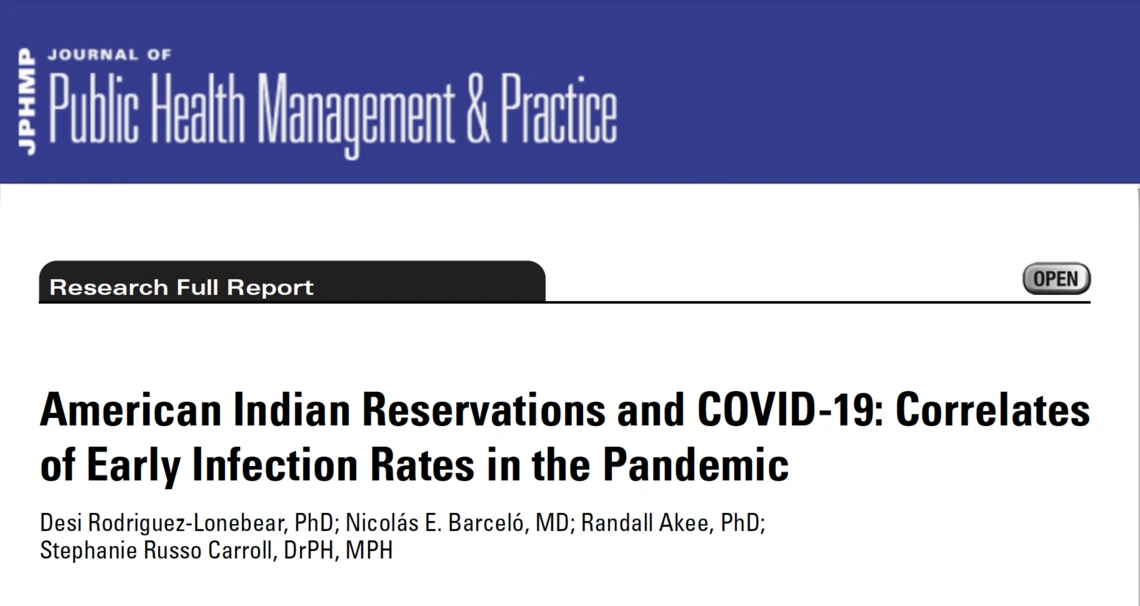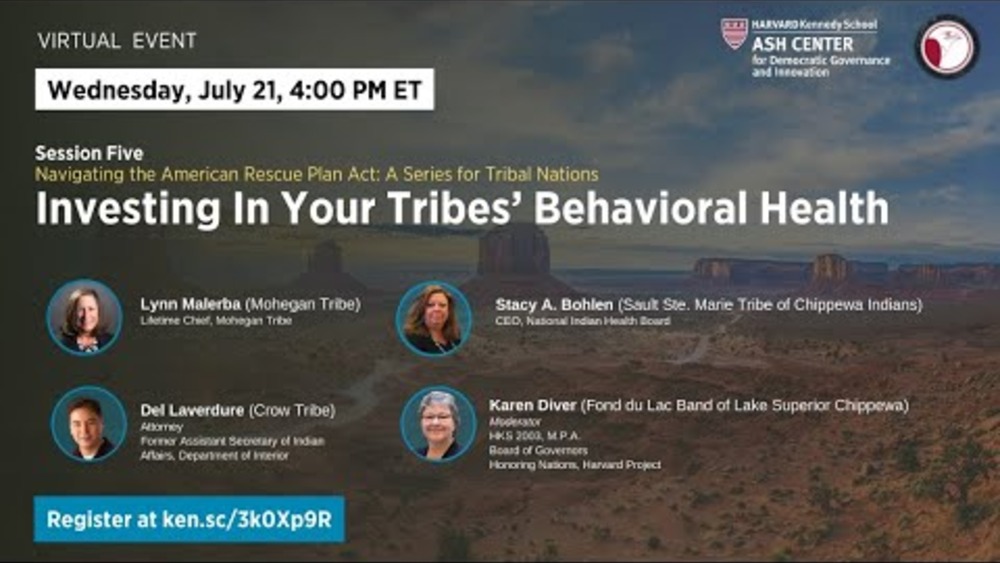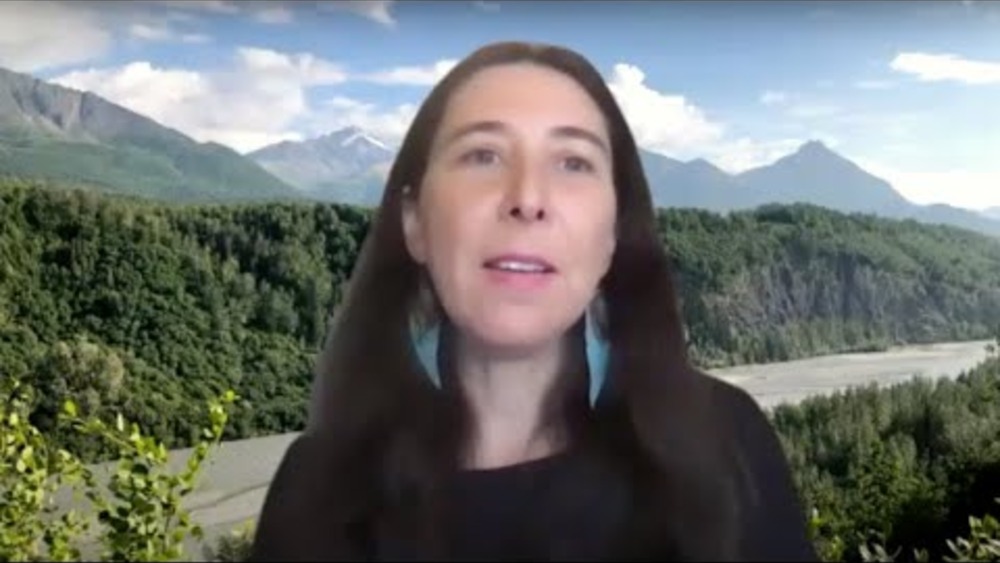Objective: To determine the household and community characteristics most closely associated with variation in COVID-19 incidence on American Indian reservations in the lower 48 states.
Design: Multivariate analysis with population weights.
Setting: Two hundred eighty-seven American Indian Reservations and tribal homelands (in Oklahoma) and, as of April 10, 2020, 861 COVID-19 cases on these reservation lands.
Main Outcome Measures: The relationship between rate per 1000 individuals of publicly reported COVID-19 cases at the tribal reservation and/or community level and average household characteristics from the 2018 5-Year American Community Survey records.
Results: By April 10, 2020, in regression analysis, COVID-19 cases were more likely by the proportion of homes lacking indoor plumbing (10.83, P = .001) and were less likely according to the percentage of reservation households that were English-only (−2.43, P = .03). Household overcrowding measures were not statistically significant in this analysis (−6.40, P = .326).
Conclusions: Failure to account for the lack of complete indoor plumbing and access to potable water in a pandemic may be an important determinant of the increased incidence of COVID-19 cases. Access to relevant information that is communicated in the language spoken by many reservation residents may play a key role in the spread of COVID-19 in some tribal communities. Household overcrowding does not appear to be associated with COVID-19 infections in our data at the current time. Previous studies have identified household plumbing and overcrowding, and language, as potential pandemic and disease infection risk factors. These risk factors persist. Funding investments in tribal public health and household infrastructure, as delineated in treaties and other agreements, are necessary to protect American Indian communities.
Additional Information
Rodriguez-Lonebear, Desi PhD; Barceló, Nicolás E. MD; Akee, Randall PhD; Carroll, Stephanie Russo DrPH, MPH. American Indian Reservations and COVID-19, Journal of Public Health Management and Practice: July/August 2020 - Volume 26 - Issue 4 - p 371-377 doi: 10.1097/PHH.0000000000001206




